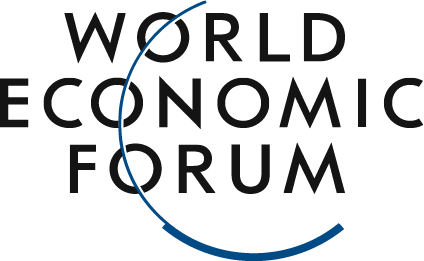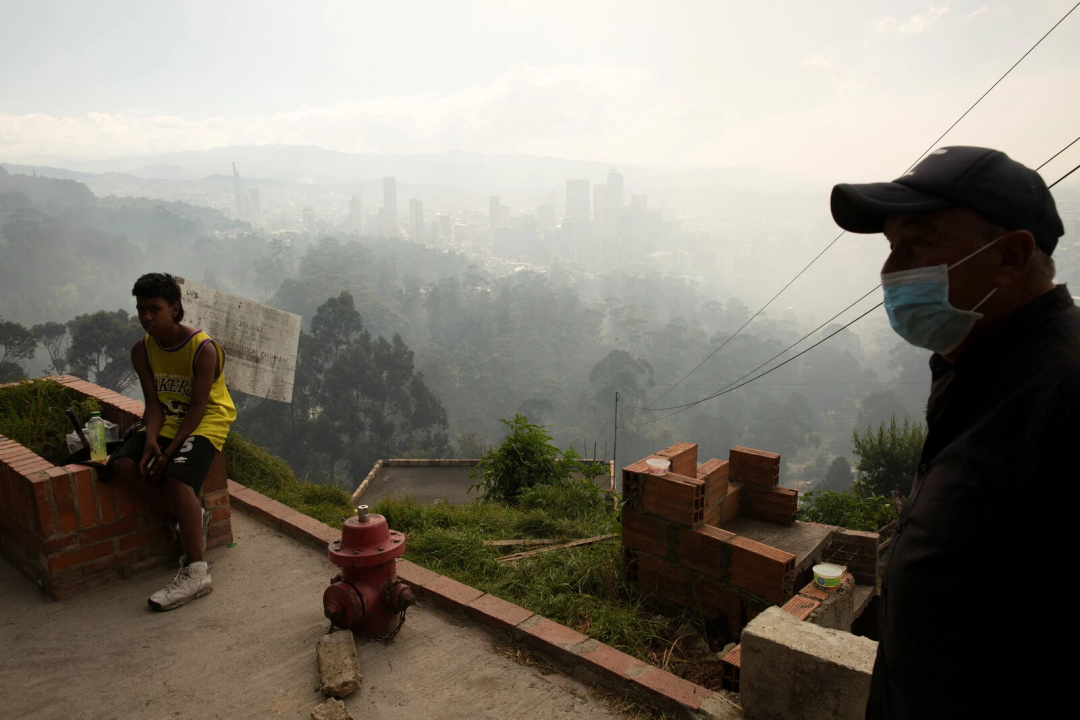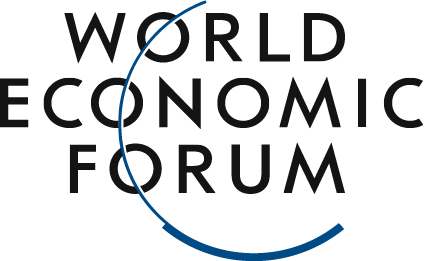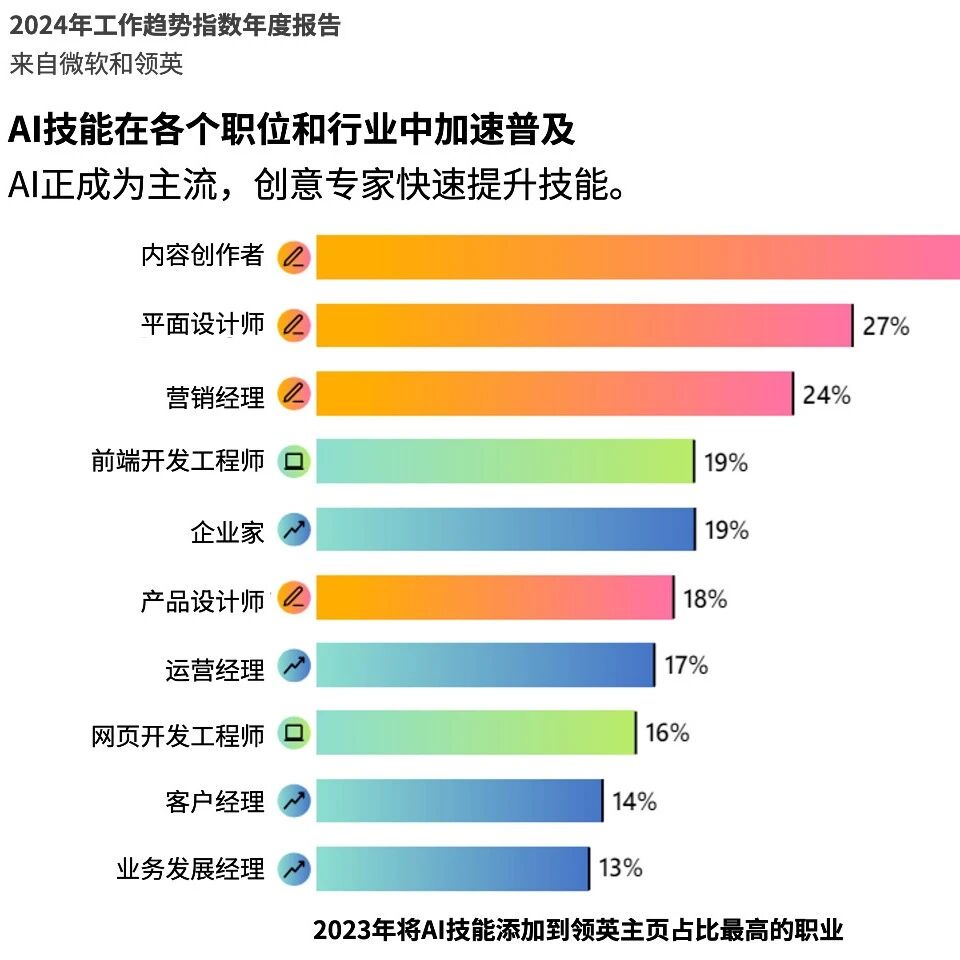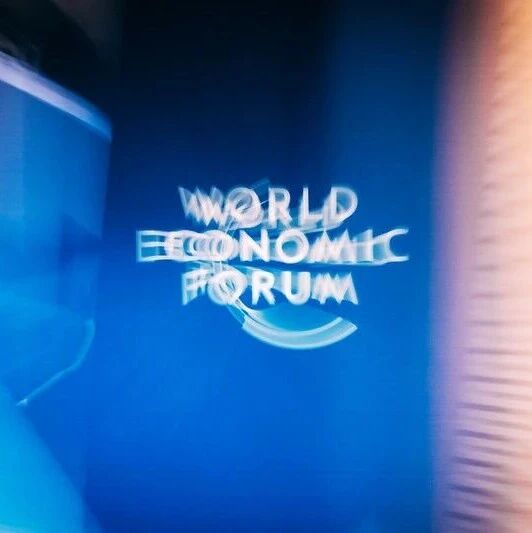Home/News/Poor air quality is estimated to shorten global life expectancy by an average of 1.9 years, highlighting the need for data transparency to help improve the current situation./
Poor air quality is estimated to shorten global life expectancy by an average of 1.9 years, highlighting the need for data transparency to help improve the current situation.
2024-09-15
:REUTERS/Antonio Cascio
Christa Hasenkopf
EPIC
Imagine this: You take a photo with your smartphone, but the photo doesn’t belong to you—it belongs to the company that sold you the phone. You have no say in where or how the image is shared; yet, the phone company can publish it on any platform without your permission—and even sell it further, if they choose.This is how some air quality monitoring companies handle the data they collect from their customers. Such data policies are not only detrimental to individual consumers but also hinder global progress toward cleaner air for society as a whole. Fortunately, though, we can take action to change this reality.Air pollution is the number one threat to human health, shortening global life expectancy by an average of 1.9 years. Drawing from the experiences of multiple countries worldwide in tackling air pollution, when communities have access to air quality data, they tend to pay closer attention to the issue. As a result, both the public and governments are more likely to act swiftly, ultimately leading to cleaner air. A recent study revealed multi-year air quality datasets—data that were previously almost entirely unavailable—in several cities. After the public gained consistent access to this information, air quality began to improve significantly. According to the Air Quality Life Index (AQLI) developed by the Energy Policy Institute at the University of Chicago (EPIC), if these cities continue making progress in improving air quality, residents could see their life expectancy extended by up to one year.What are the far-reaching implications of making air quality data publicly available?Making air quality data publicly available in cities lacking such information can have a profound impact. Decision-makers emphasize that air quality data is essential for shaping national policies aimed at tackling air pollution issues. In fact, any initiative to reduce air pollution requires data to assess its effectiveness and track progress over time.The good news is that over the past decade, lower-cost air quality monitoring has become more widespread on the market, resulting in more global air quality data being generated than ever before.The bad news is that, although individuals and organizations generating the data intend to share it, much of the data cannot be legally shared in a fully open manner.This is because some air quality monitoring companies do not allow customers to own the data they generate, nor do they permit sharing that data on public platforms chosen by the customers. As a result, scientists, community leaders, and air quality advocates cannot take full ownership of the data—and therefore cannot freely distribute it openly and legally in a completely transparent manner—to ensure the data’s maximum impact.However, these policies are not set in stone—simple community demands can indeed drive change. We understand this because we’ve done it before.This July, EPIC launched the EPIC Air Quality Fund. The fund aims to support local stakeholders in several countries that historically have had very limited—or even no—access to government-generated air quality data shared with the public. Priority will be given to 75 countries, as these nations are particularly well-positioned to implement small-scale, strategic projects aimed at collecting and disseminating air quality data, ultimately making a meaningful impact across their national landscapes.During the fund's preparatory phase, we established specific data-sharing requirements for each award category. All data must be made available in a fully open format. To meet this criterion, recipients must legally own the data they generate themselves. We believe this approach will ensure that the data can have the greatest possible impact—both within individual countries and on the broader international stage. Additionally, these data requirements provide us with a transparent and public means of tracking the fund's progress.How to change the data policyTo ensure applicants don’t have to go through legal screening proceduresThe statement allows us to confirm whether the terms and conditions of each air quality company meet the award requirements, and EPIC has proactively reached out to the companies to gain a clearer understanding of their data policies.When communicating with companies, we did not advocate for openly sharing data or granting customers full ownership of their data. Instead, we simply clarified the companies' existing policies to determine whether they met the award criteria. Surprisingly, about 30% of the companies revised their policies to better empower customers with the ability to use the data they’ve collected—and even freely share it when appropriate—simply because we raised these policy questions. In fact, among the companies we reached out to, only a small minority failed to fully transfer data ownership to their customers.A simple question about this small funding has sparked change—now, more scientists, community leaders, and air-quality advocates will be able to share their data more freely, going even further than the dozen or so winners we highlighted in this issue. Meanwhile, other emerging companies entering the air-quality-sensing market are also taking note of this new normal.Asking the company about the unexpected yet profound impact of its data policy has provided a key insight for the air quality community: when it comes to shaping data policies, each of us can play a more significant role than we might realize—and these same policies, in turn, will influence the progress of our collective efforts.Air quality is currently one of the most pressing public health issues. To make a difference in this area, we need to own the data we generate ourselves, freely share it when appropriate, and utilize company resources that enable us to do both of these things effectively.The above content solely represents the author's personal views.This article is translated from the World Economic Forum's Agenda blog; the Chinese version is for reference purposes only.Feel free to share this on WeChat Moments; please leave a comment below the post if you’d like to republish.
Translated by: Di Chenjing | Edited by: Wang Can
The World Economic Forum is an independent and neutral platform dedicated to bringing together diverse perspectives to discuss critical global, regional, and industry-specific issues.
Follow us on Weibo, WeChat Video Channels, Douyin, and Xiaohongshu!
"World Economic Forum"
